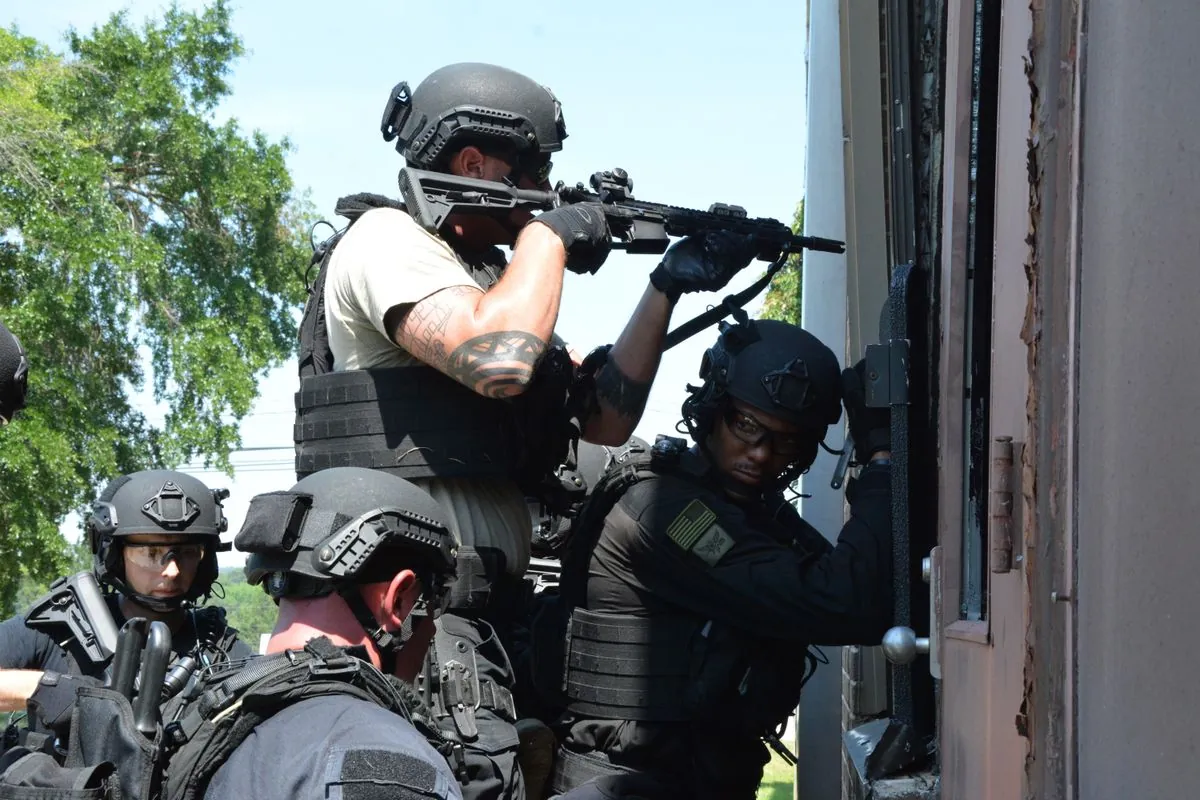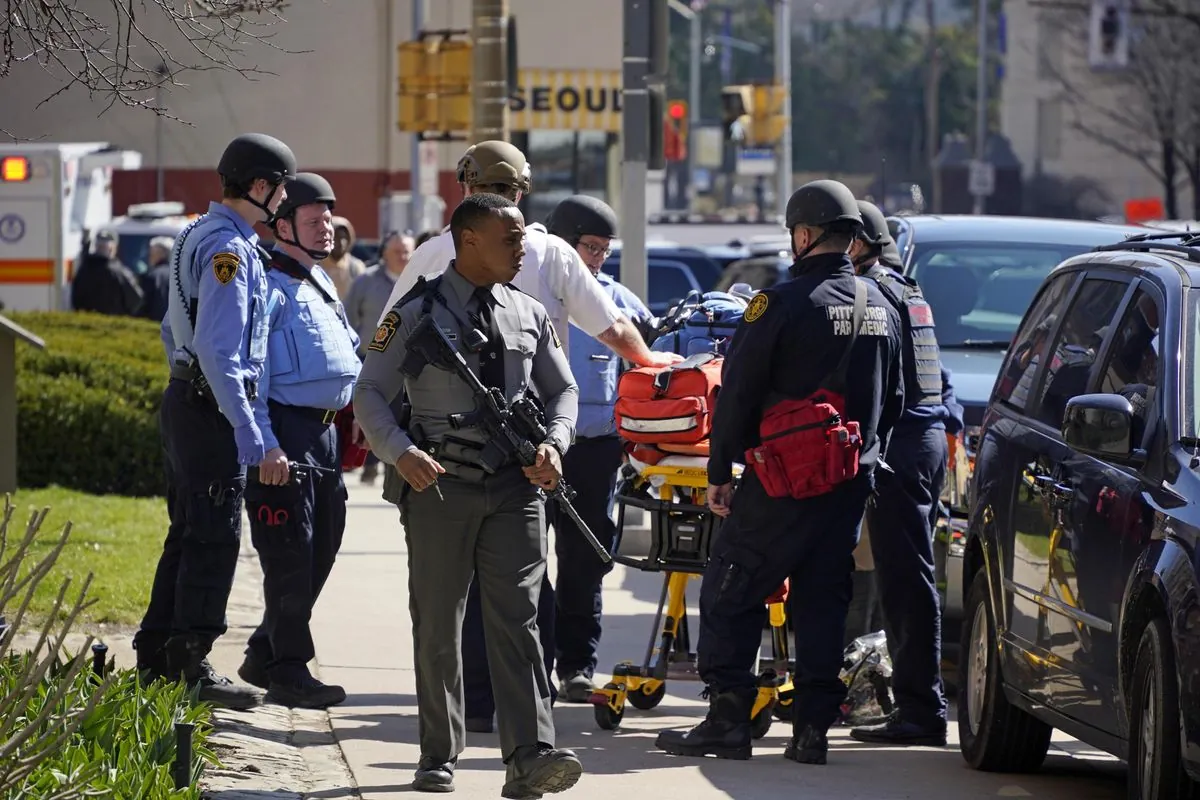European Duo Indicted in Massive Swatting Campaign Targeting U.S. Officials
Two European men face charges for orchestrating swatting attacks on nearly 100 U.S. targets, including a former president and Congress members. The plot spanned over three years, raising concerns about public safety and resource waste.

Thomasz Szabo and Nemanja Radovanovic, from Romania and Serbia respectively, have been indicted for orchestrating a large-scale swatting campaign targeting U.S. officials and civilians. The plot, which spanned from December 2020 to January 2024, affected approximately 100 individuals, including a former U.S. president and members of Congress.
Swatting, a criminal harassment tactic that emerged in 2002, involves deceiving emergency services into dispatching police to a false emergency at a target's address. The FBI has been tracking such incidents since 2008, recognizing their potential for causing harm and wasting valuable resources.
The indictment alleges that Szabo, 26, and Radovanovic, 21, coordinated false emergency reports to provoke aggressive police responses at victims' residences. Their targets included high-ranking government officials, with one incident on January 9, 2024, involving a former U.S. president.

The perpetrators allegedly aimed for bipartisan targets, claiming to be "not on any side." Their actions extended beyond political figures, encompassing threats of mass shootings at New York City synagogues and explosives at the U.S. Capitol.
"Swatting is not a victimless prank — it endangers real people, wastes precious police resources, and inflicts significant emotional trauma"
The psychological impact on swatting victims can be severe and long-lasting, as evidenced by the experiences of Georgia state senators John Albers and Clint Dixon, who were targeted in separate incidents.
The investigation involved international cooperation, with U.S. Secret Service agents questioning Szabo in Romania and Radovanovic in Serbia. This collaboration highlights the global nature of cybercrime and the challenges in prosecuting such cases across borders.
The indictment includes charges of conspiracy and multiple counts of making threats. If convicted, the defendants could face significant penalties, as several U.S. states have passed specific anti-swatting laws with severe consequences.
This case underscores the ongoing threat of swatting and its evolution as a form of cybercrime and domestic terrorism. As law enforcement agencies continue to combat this issue, the incident serves as a reminder of the need for vigilance and international cooperation in addressing modern security challenges.


































